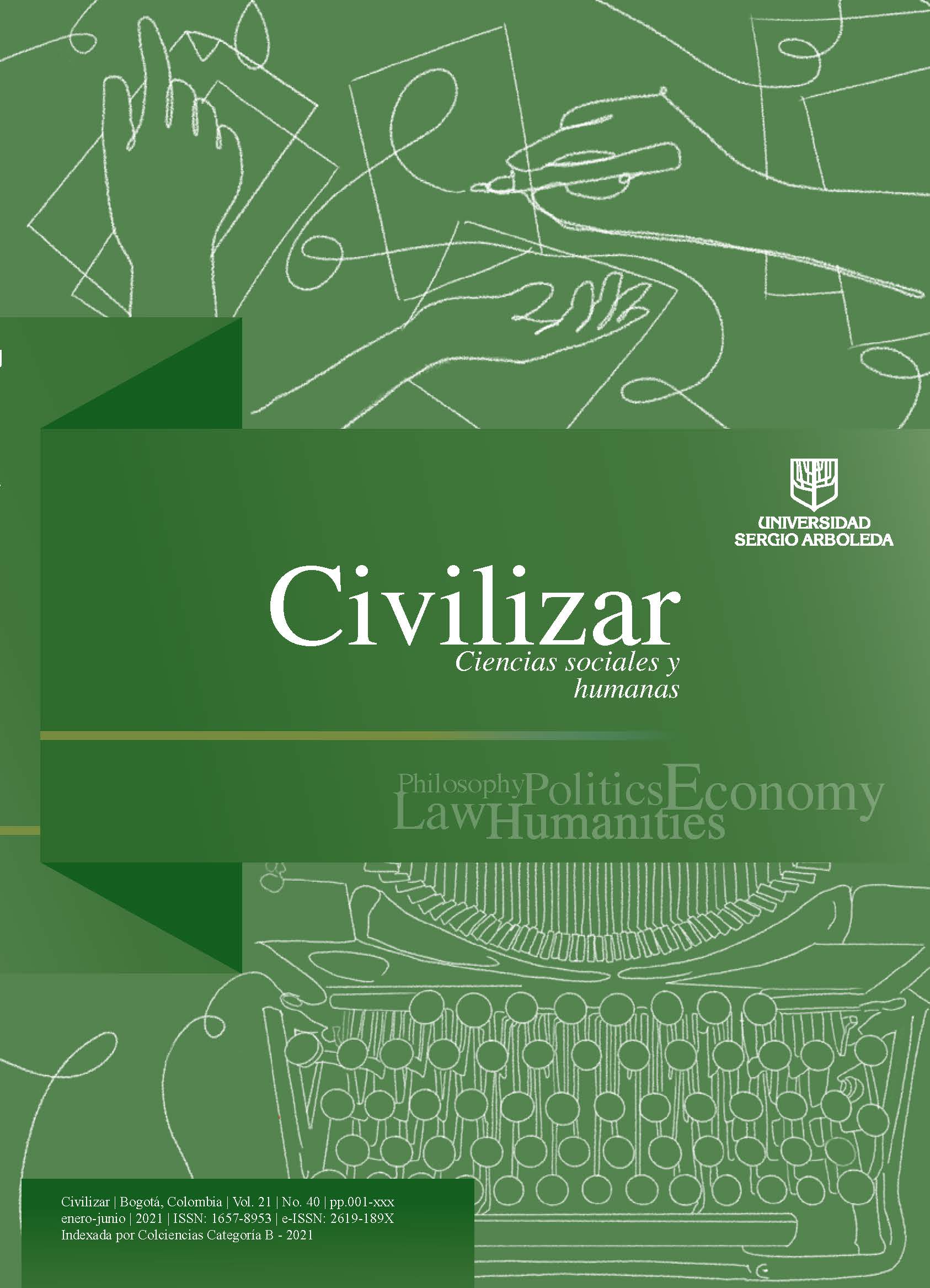Abstract
Reflecting on the modes of production within territories implies giving an account of appropriating and belonging to a space that encompasses productive, material and symbolic activities, as well as relations of power and meaning from the experiential and institutional spheres that converge in a specific location, as in the case of vereda Mudarra, Supía municipality (Caldas, Colombia). The purpose of this article is to show the socio-productive dynamics around sugarcane production that generate change and continuity processes. The ethnographic method allowed the analysis of the narratives and practices of both daily and institutional realities after in situ fieldwork. The study of different modes of production around this productive system (traditional, community and business systems) enable the analysis of socio-productive dynamics that show, on the one hand, a persisting traditional-family mode and, on the other, emerging production strategies that contribute to the local development of rural communities, aspects that affect the productive and social configuration of rural territories.

This work is licensed under a Creative Commons Attribution-NonCommercial-NoDerivatives 4.0 International License.
Copyright (c) 2021 Journal Civilizar: Social and Human Sciences


